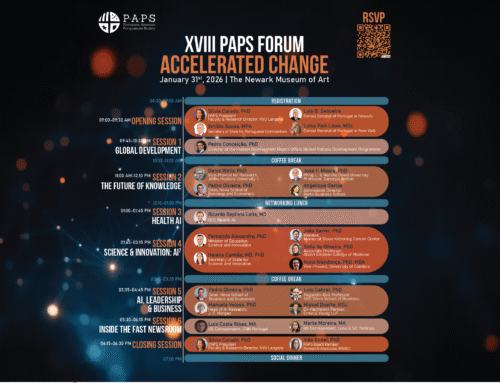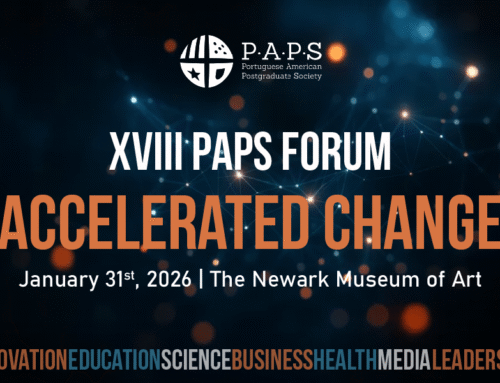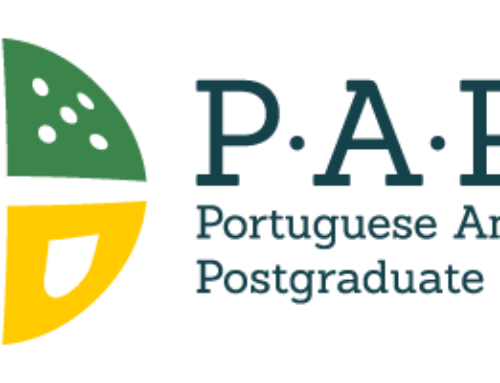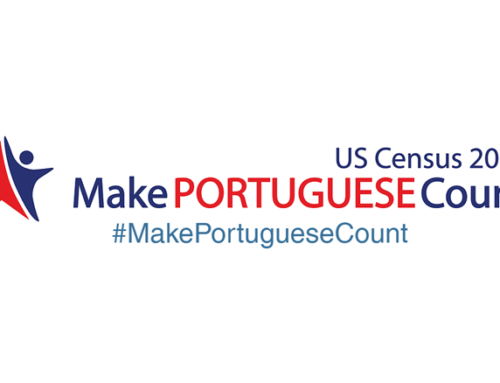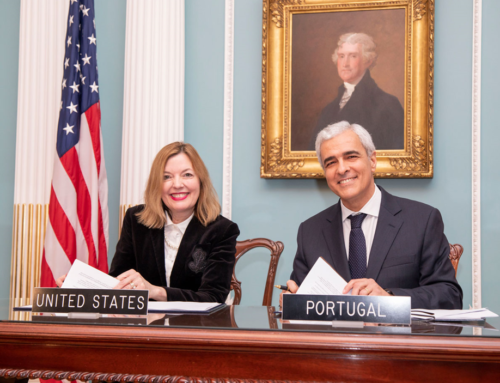This month, PAPS was invited to speak and participate in a roundtable discussion at the United Nations, in New York, within the UN STI Forum – a forum on science, technology and innovation for the Sustainable Development Goals (SDGs).
This session, organized by UNESCO – the UN Agency with mandate for Science -, was specifically focused on the importance of Open Science to achieve the SDGs. Possibly not emphasized enough, the SGDs will not be achieved without everyone sharing the advancement and benefits of science. As stated in Article 27 of the Universal Declaration of Human Rights, “everyone has the right freely to participate in the cultural life of the community, to enjoy the arts and to share in scientific advancement and its benefits”. The Open Science strategic movement was initiated to democratize processes and outcomes of scientific research for sustainable development, equality and inclusiveness. It fosters science as an enterprise that is inclusive and of highest quality.
Chaired by Ana Persic, PhD, the roundtable discussion brought together several speakers to discuss the benefits, risks, opportunities and challenges of opening science to the world: Peggy Oti-Boateng, PhD (UNESCO), Heide Hackmann, PhD (ISC), Laura Fierce, PhD (Brookhaven National Laboratory, Global Young Academy), Jorge Appiah, MBA, MSc (AfricaOSH) and PAPS President Silvia Curado, PhD (NYU Langone), who shared her views on the importance of Open Science from her perspective as a researcher, as president of a highly qualified network, and also as a messenger presenting the point of view of the Government of Portugal.
Open Science goes beyond science being open to the research community, as in “open access” and “open data”, it also refers to a science open to society, including through an enhanced engagement with the citizen science initiatives and the traditional knowledge holders, as well as other aspects such as access to research software and academic conferences. As stated by Laura Fierce, “we cannot shift from inequality in readership to inequality in authorship”.
Ambassador António Sampaio da Nóvoa and the Delegation of Portugal to UNESCO were praised for having been especially involved in this mission, and it is clear that UNESCO will continue to work towards a recommendation on Open Science.
Text by Sílvia Curado



